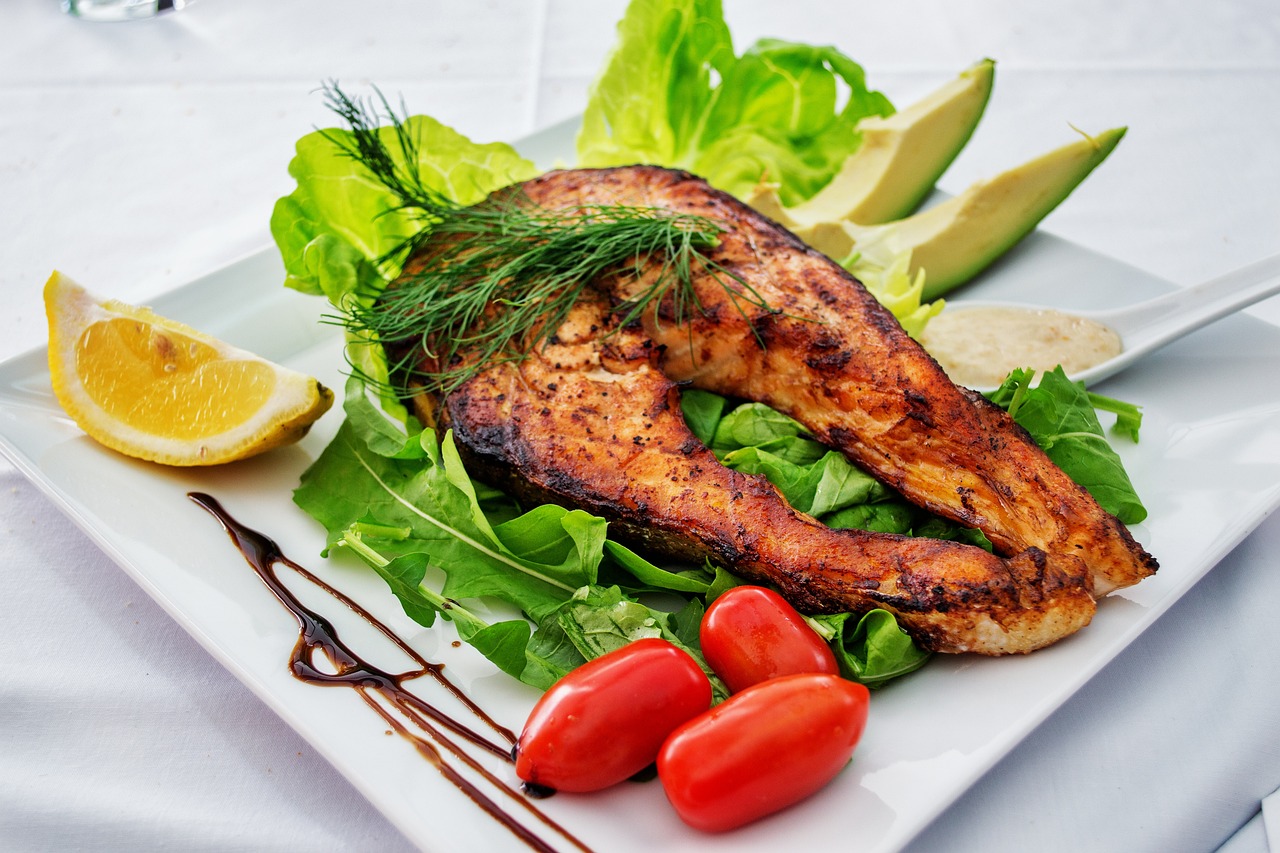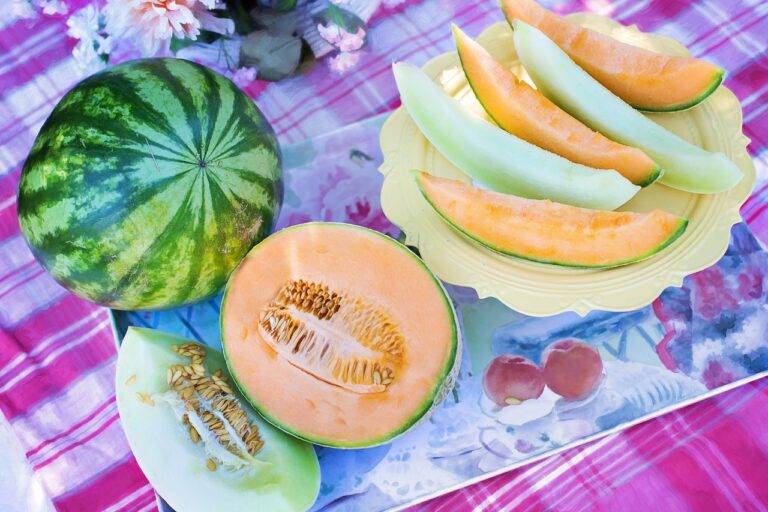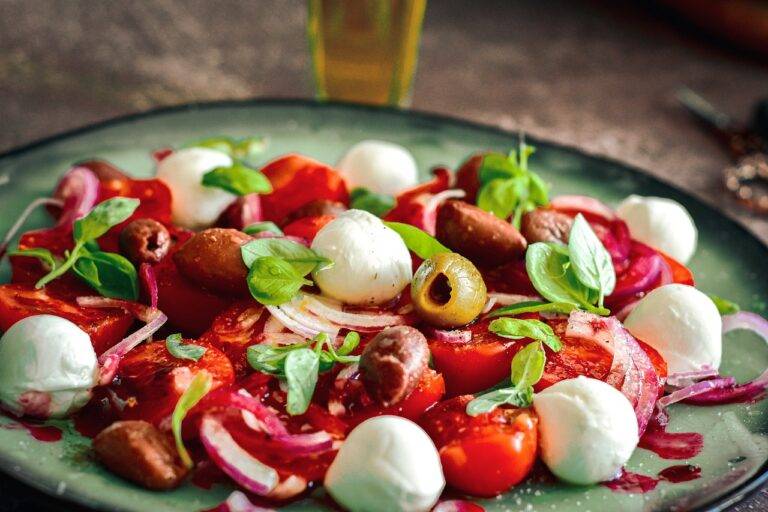The Science of Food Preservation: Traditional Methods Meet Modern Technology
Food preservation has been a fundamental practice throughout history to ensure food safety and extend shelf life. Early civilizations discovered various methods to preserve food, such as drying, salting, and fermentation. These techniques helped communities to store surplus food and survive lean times.
Advancements in technology and science have led to the development of innovative food preservation methods. Modern techniques like canning, freezing, and vacuum sealing have revolutionized the way we preserve food, allowing us to enjoy seasonal produce all year round. By understanding the principles behind food preservation, we can make informed choices about the food we consume and reduce waste in our households.
History of Traditional Food Preservation Methods
In ancient times, our ancestors resorted to various methods to preserve food without the luxury of modern refrigeration. One of the earliest techniques was drying food under the sun or by the fire. This method involved removing water from the food, inhibiting the growth of bacteria and preventing spoilage.
Another traditional preservation method was fermentation, a practice that dates back thousands of years. Fermentation allows beneficial bacteria to break down sugars and other components in food, creating an acidic environment that is inhospitable to harmful bacteria. This process not only preserves the food but also enhances its flavor and nutritional value.
What is the primary purpose of food preservation?
The primary purpose of food preservation is to prolong the shelf life of perishable foods, preventing spoilage and ensuring a stable food supply.
What are some traditional food preservation methods?
Some traditional food preservation methods include drying, smoking, salting, fermenting, pickling, and curing.
How did early civilizations preserve their food?
Early civilizations preserved their food through a combination of drying, smoking, salting, and fermenting techniques, depending on the region and available resources.
Why were traditional food preservation methods important in the past?
Traditional food preservation methods were important in the past because they allowed communities to store food for longer periods, especially during times of scarcity or when fresh produce was not readily available.
Are traditional food preservation methods still used today?
Yes, traditional food preservation methods are still used today, both in traditional cultures and by individuals seeking to preserve food in a natural and sustainable way.





